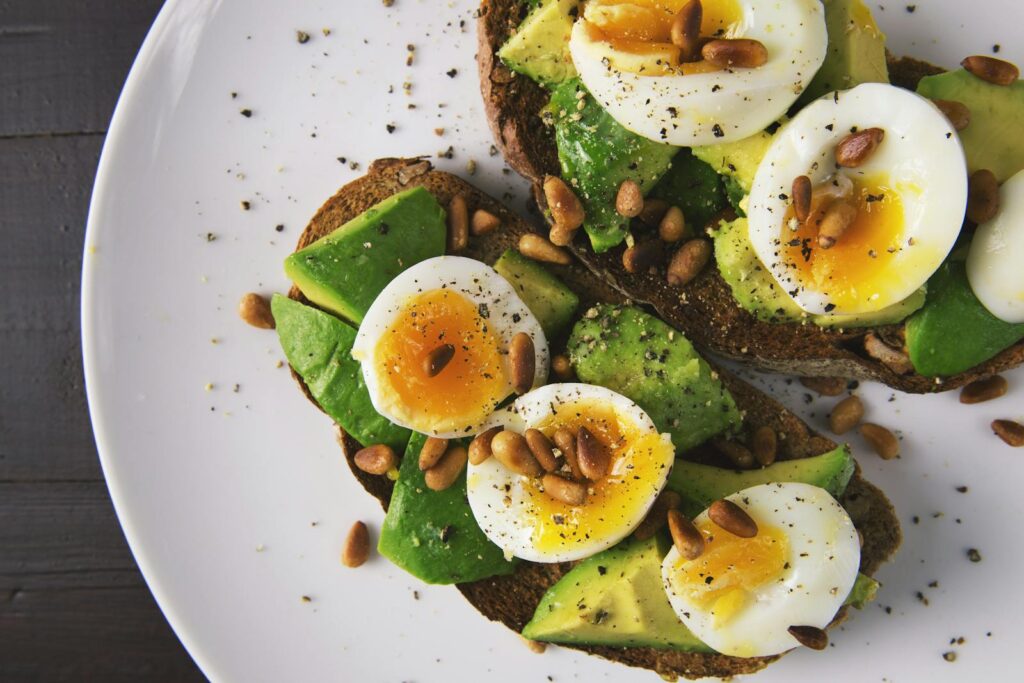
The morning meal sets the stage for your entire day, influencing everything from your energy levels and mood to your metabolic health and overall well-being. It’s a crucial opportunity to fuel your body with nutrients that support focus, sustained energy, and satiety, helping you avoid those mid-morning slumps and unhealthy cravings. However, many of us, often unknowingly, reach for breakfast options that promise convenience or a burst of flavor, yet deliver little in the way of true nourishment. Instead, these choices can contribute to a cycle of energy crashes, blood sugar spikes, and an array of long-term health concerns.
In our fast-paced lives, it’s easy to fall into the trap of quick fixes when it comes to breakfast. The supermarket aisles are brimming with products marketed as healthy or energizing, yet a closer look at their ingredient lists often reveals a different story. Highly processed ingredients, excessive sugars, refined carbohydrates, and unhealthy fats are unfortunately common components in many popular breakfast foods. Understanding these common pitfalls is the first step toward making more informed and empowering choices for your health.
Today, we’re taking an in-depth look at some of the most pervasive breakfast habits that nutritionists genuinely wish we would reconsider. Our aim is not to preach or restrict, but to inform and inspire you to make healthier decisions that will truly benefit your body and mind. By shedding light on these often-consumed items, we hope to equip you with the knowledge to transform your mornings into a powerful foundation for a vibrant and healthy life. Let’s explore these initial seven common breakfast items and understand why they might be silently sabotaging your health goals.

1. **Sugary Cereals**
For many, a bowl of cereal is synonymous with a quick and easy breakfast, a nostalgic comfort from childhood. However, a vast number of cereals on the market are laden with alarming amounts of added sugars, often listed as the first or second ingredient. These cereals might taste delicious and provide a temporary energy rush, but this is quickly followed by an inevitable crash, leaving you feeling hungry and sluggish long before lunchtime. The high sugar content can contribute to a cycle of cravings, weight gain, and an increased risk of chronic diseases such as type 2 diabetes and heart disease over time.
Beyond the sugar, many conventional cereals are highly processed, stripped of valuable fiber and essential nutrients that are crucial for digestive health and sustained energy. They often lack the protein and healthy fats needed to promote satiety, meaning you’ll likely feel hungry again soon after eating. This lack of nutritional density makes them a poor choice for a meal that should ideally provide a solid foundation for your day.
Nutritionists advocate for choosing whole-grain cereals with minimal added sugar, or even better, opting for alternatives like oatmeal that you can sweeten naturally with fruit or a touch of honey. Learning to read food labels carefully to identify hidden sugars is a powerful step towards making better choices. By reducing your intake of sugary cereals, you can significantly cut down on empty calories and pave the way for a more balanced and energizing start to your morning.
Read more about: The Midnight Menu No-Gos: 12 Late-Night Snacks That Just Aren’t Worth the Calories or the Regret

2. **Pastries and Donuts**
The allure of a freshly baked pastry or a sweet, glazed donut is hard to resist, especially when grabbing a quick bite on the go. These treats, while undeniably delicious, are essentially dessert masquerading as breakfast. They are typically made with refined white flour, providing very little fiber or nutritional value, and are packed with sugar and unhealthy trans or saturated fats. This combination creates a perfect storm for rapid blood sugar spikes, followed by an equally rapid decline, leading to fatigue and irritability.
The high caloric density of pastries and donuts, coupled with their poor nutrient profile, means they offer little in terms of sustained energy or essential vitamins and minerals. Regularly consuming these items for breakfast can contribute significantly to weight gain, inflammation, and an increased risk of developing metabolic syndrome. They are designed to be palatable and addictive, often leading to overconsumption without providing any real nourishment.
Instead of relying on these sugary indulgences, nutritionists recommend prioritizing breakfasts that offer complex carbohydrates, lean protein, and healthy fats to keep you full and energized. If you crave something sweet, consider a piece of whole fruit or a small portion of whole-grain toast with a natural spread. Saving pastries and donuts for an occasional treat, rather than a daily breakfast staple, can make a significant positive impact on your overall health and energy levels.
Read more about: The Midnight Menu No-Gos: 12 Late-Night Snacks That Just Aren’t Worth the Calories or the Regret
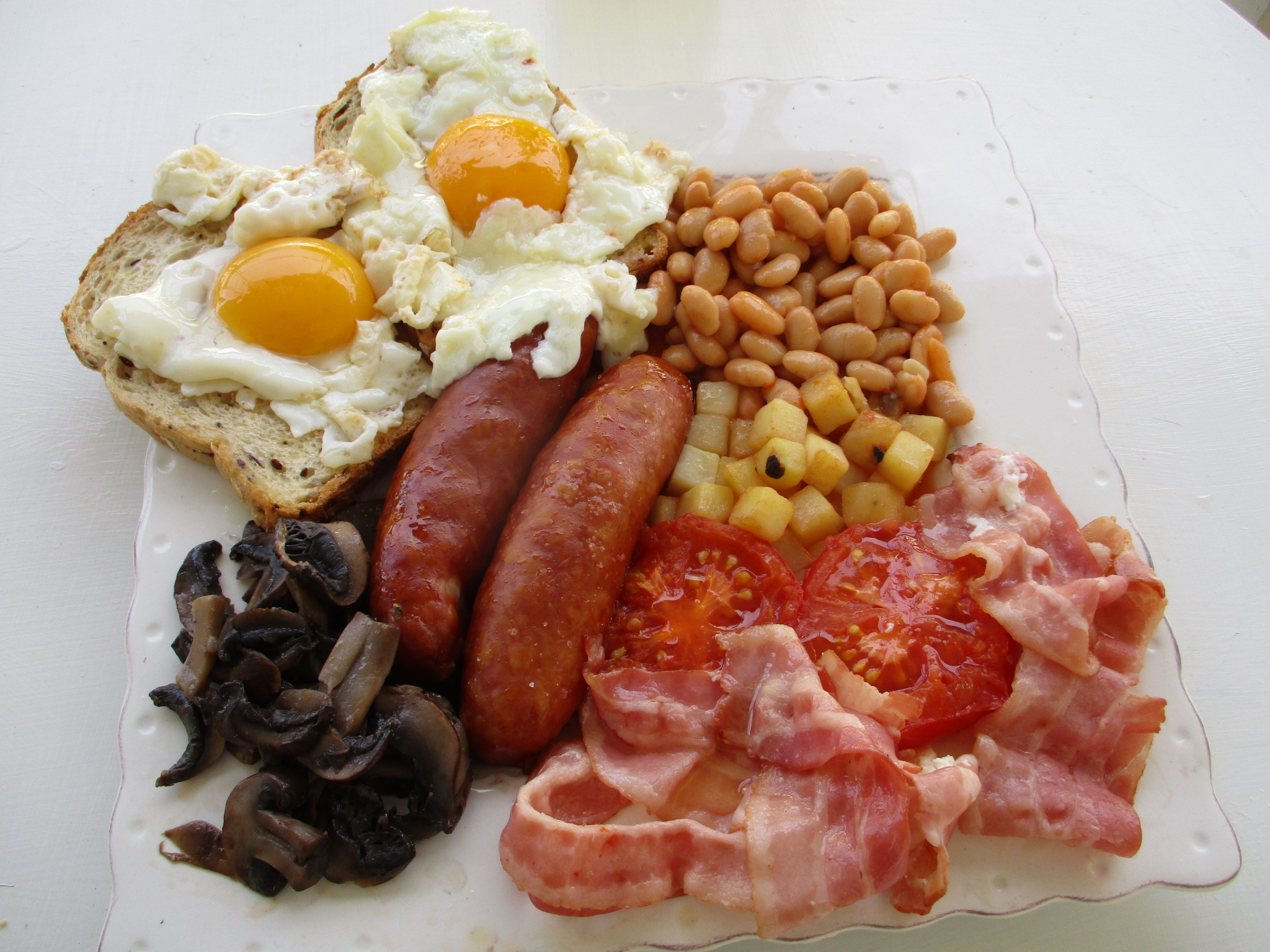
3. **Processed Breakfast Meats (Bacon, Sausage)**
The sizzling aroma of bacon or sausage is a classic part of many breakfast spreads, but these processed meats come with a considerable health cost. Items like bacon, breakfast sausage, and ham are often high in saturated fat, sodium, and nitrates—preservatives that have been linked to various health concerns. Regular consumption of these meats has been associated with an increased risk of cardiovascular disease, high blood pressure, and even certain types of cancer.
While protein is an important component of a balanced breakfast, the type of protein matters greatly. The protein found in processed meats often comes with an unhealthy package of additives and inflammatory compounds. The high sodium content alone can contribute to fluid retention and elevated blood pressure, which is a concern for many individuals.
Nutritionists often suggest swapping processed breakfast meats for leaner, unprocessed protein sources. Eggs, for instance, are a fantastic source of high-quality protein and essential nutrients. Plant-based options like tofu scramble or black bean patties also offer excellent protein without the drawbacks of processed meats. Making this switch can significantly reduce your intake of harmful fats and sodium, supporting better heart health and overall vitality.

4. **Sweetened Yogurts**
Plain yogurt is a nutrient powerhouse, packed with protein, calcium, and beneficial probiotics for gut health. However, many commercially available yogurts are heavily sweetened, turning a potentially healthy option into another sugar trap. These flavored yogurts can contain as much, if not more, sugar per serving than a candy bar, undoing many of their inherent health benefits. The added sugars often mask the tartness of the yogurt, making it more appealing but less nutritious.
This excessive sugar can disrupt your gut microbiome, negating the positive effects of the probiotics. It also contributes to the same blood sugar rollercoaster experienced with other sugary breakfast items, leading to energy fluctuations and increased cravings. Furthermore, the reliance on artificial sweeteners in some ‘light’ or ‘diet’ yogurts can also have unintended consequences for metabolic health and appetite regulation, which nutritionists often advise against.
The ideal choice, according to nutritionists, is plain, unsweetened yogurt—whether Greek, Icelandic, or traditional. You can then customize it with natural toppings like fresh berries, a sprinkle of nuts or seeds, or a tiny drizzle of honey or maple syrup for sweetness. This approach allows you to control the sugar content and boost the fiber, antioxidant, and healthy fat profile of your breakfast, making it a truly beneficial meal for your gut and overall health.
Read more about: Unlocking Your Gut’s Potential: 14 Simple and Delicious Fermented Foods for a Healthier You
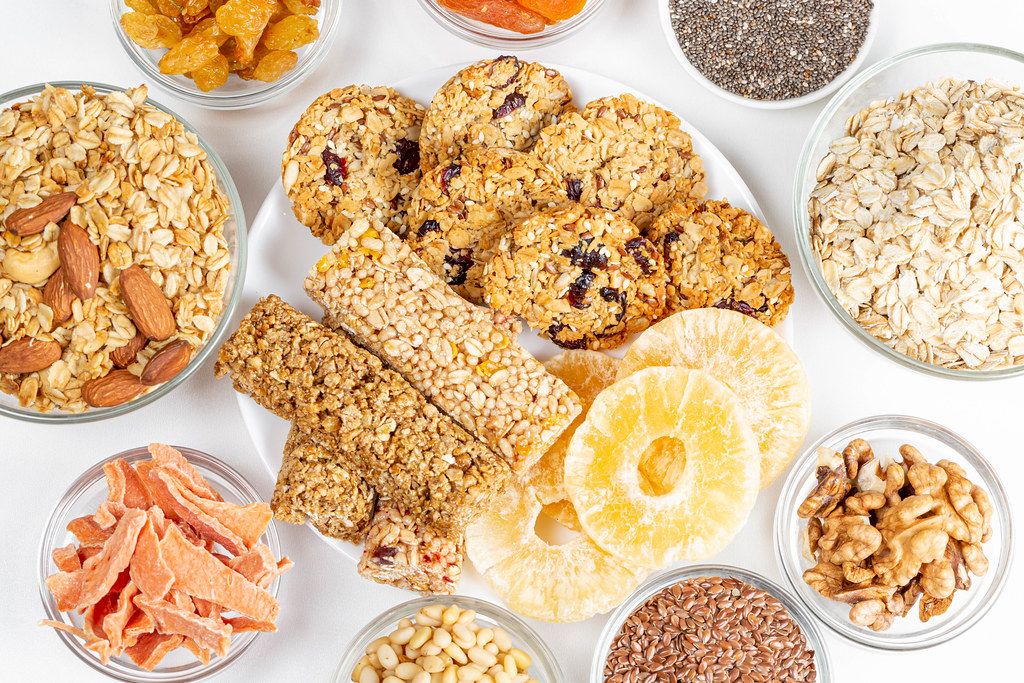
5. **Packaged Instant Oatmeal (with added sugars)**
Oatmeal is widely praised as a healthy breakfast choice due to its high fiber content, particularly soluble fiber which can help lower cholesterol and stabilize blood sugar. However, not all oatmeal is created equal. Many packaged instant oatmeal varieties come with pre-mixed flavors and sweeteners, transforming a wholesome grain into another source of unnecessary added sugars and artificial ingredients. These convenient packets often sacrifice nutritional integrity for speed and taste.
The quick-cooking nature of instant oats can also lead to a faster digestion and absorption of carbohydrates compared to steel-cut or rolled oats, potentially causing a more significant blood sugar spike. When combined with added sugars, this effect is amplified, diminishing the benefits of the oats themselves. The convenience factor often overshadows the compromise in nutritional quality, leading many to unknowingly consume a less-than-optimal breakfast.
Nutritionists strongly recommend opting for plain rolled oats or steel-cut oats, which offer maximum fiber and a slower release of energy. You can then flavor your oatmeal naturally with fresh or frozen fruit, a dash of cinnamon, nuts, or seeds for healthy fats and protein. This simple switch ensures you get all the benefits of oats without the hidden sugars and additives, providing a truly nourishing and sustained energy release for your morning.
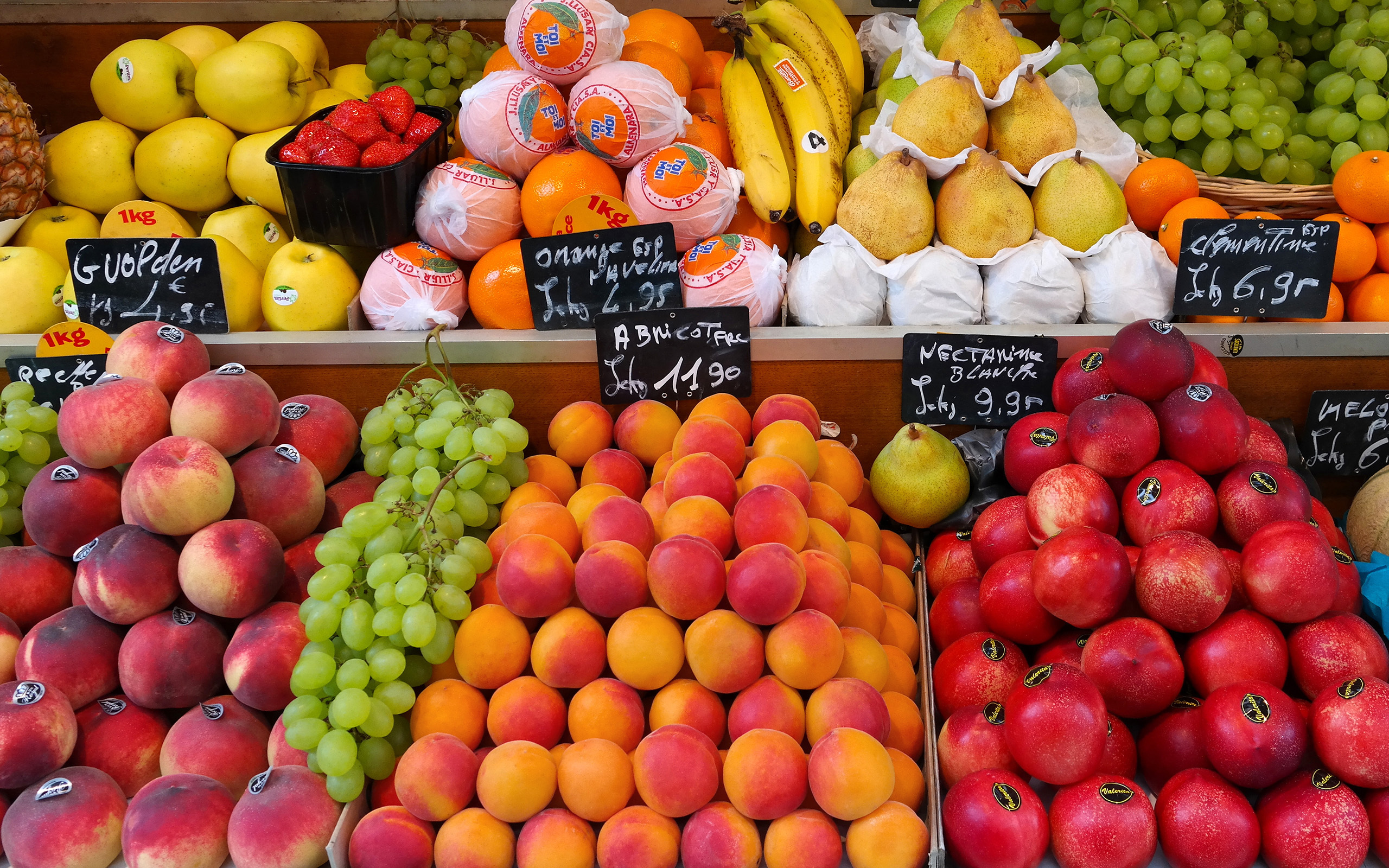
6. **Fruit Juices (non-fresh, high sugar)**
A glass of fruit juice often seems like a healthy way to start the day, an easy way to get a serving of fruit. However, many commercially produced fruit juices, especially those that are not 100% freshly squeezed, are often concentrated, pasteurized, and can be just as high in sugar as a soda. Even 100% fruit juice, without added sugars, can be problematic because the juicing process removes the beneficial fiber found in whole fruits.
Without the fiber, the natural sugars in fruit juice are absorbed much more quickly into the bloodstream, leading to a rapid rise in blood sugar without the corresponding satiety. This can contribute to weight gain, insulin resistance, and an increased risk of type 2 diabetes over time, despite the presence of some vitamins. The perceived health halo of fruit juice often leads to overconsumption, further exacerbating these issues.
Nutritionists advise choosing whole fruit over fruit juice whenever possible. The fiber in whole fruit slows sugar absorption, promotes fullness, and provides essential prebiotics for gut health. If you do enjoy juice, opt for small servings of 100% fruit juice, or better yet, make your own fresh juice at home, possibly even blending whole fruits and vegetables into a smoothie to retain all the fiber. This way, you get the vitamins without the detrimental sugar load.
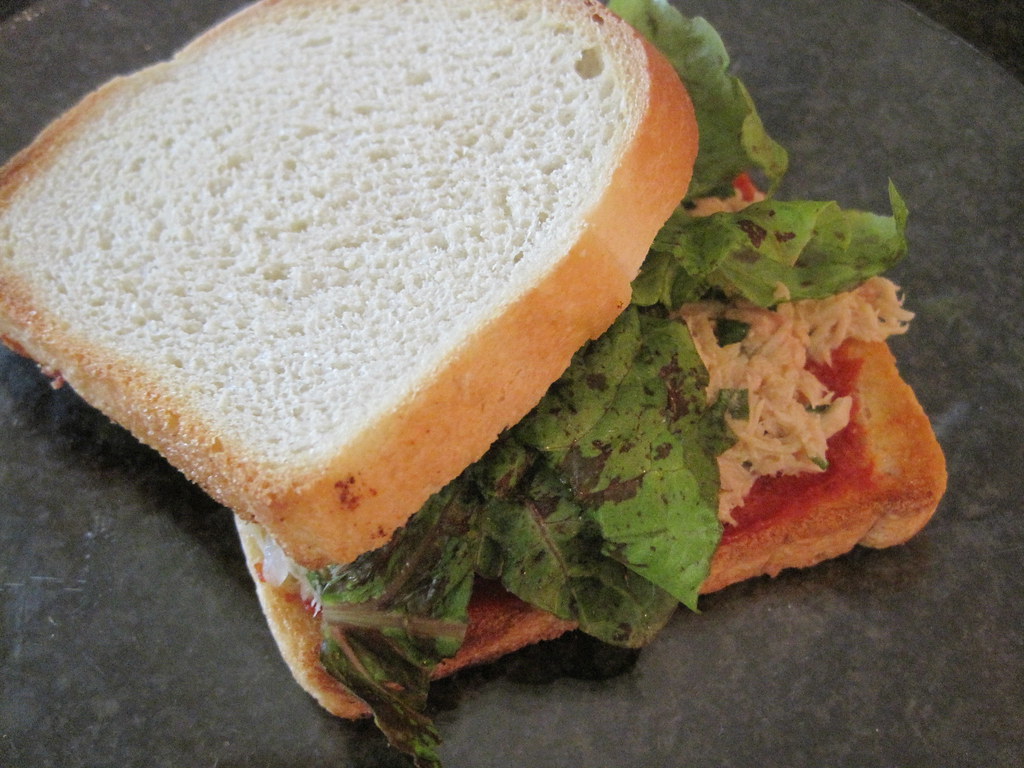
7. **White Bread and Bagels (refined carbs)**
Toast, sandwiches, and bagels are breakfast staples for countless people, but when made with refined white flour, they offer very little nutritional value. White bread and bagels are typically stripped of their germ and bran during processing, which removes most of the fiber, B vitamins, and minerals. What’s left is primarily starch that quickly converts to sugar in the body, leading to rapid blood sugar spikes and subsequent energy crashes.
This lack of fiber also means they don’t provide the satiety needed to keep you full and satisfied, often leading to overeating later in the day. The simple carbohydrate structure in refined grains can contribute to chronic inflammation and may impair gut health over time. While convenient and palatable, their nutritional emptiness makes them a poor foundation for a healthy morning.
Nutritionists universally recommend swapping white bread and bagels for whole-grain alternatives. Look for products where ‘100% whole wheat’ or ‘whole grain’ is the first ingredient on the label. Whole grains retain their fiber, which helps to stabilize blood sugar, promotes digestive health, and keeps you feeling fuller for longer. Pairing whole-grain toast with healthy fats like avocado or nut butter, and a protein source like eggs, creates a much more balanced and energizing breakfast that truly supports your well-being.
Continuing our exploration into the often-overlooked culprits lurking in our morning routines, this section uncovers seven more breakfast traps that nutritionists sincerely wish we would abandon. These items, though popular and convenient, often undermine our health goals, leading to energy slumps and long-term concerns. Let’s delve into these next seven items and discover how to transform our mornings for sustained vitality.

8. **Flavored Coffee Drinks (Syrup-laden Lattes & Frappuccinos)**
Many of us can’t imagine starting the day without a coffee, but the popular, indulgent coffee shop creations often serve up a lot more than just a caffeine kick. Those delicious flavored lattes, cappuccinos, and frappuccinos, while tempting, are frequently loaded with excessive amounts of added sugars from syrups, whipped cream, and sugary toppings. What begins as a simple cup of coffee can quickly become a calorie-dense dessert, packing more sugar than an entire day’s recommended limit, even before you’ve had your first bite of actual breakfast.
This sugar overload can lead to significant blood sugar spikes and subsequent crashes, leaving you feeling lethargic and craving more sweets just a short while later. Beyond the sugar, these drinks often contain unhealthy fats from full-fat dairy and and artificial flavorings, contributing to inflammation and undermining your energy and health goals. It’s a classic case of hidden sugars, where the convenience and taste overshadow the true nutritional impact of what you’re consuming.
Nutritionists suggest rethinking your morning coffee ritual to prioritize health without sacrificing enjoyment. Opt for plain black coffee, americano, or an unsweetened latte with a splash of milk or a plant-based alternative. If you crave flavor, try adding a dash of cinnamon, nutmeg, or a tiny amount of pure vanilla extract. These small adjustments can dramatically reduce your sugar intake and help you maintain stable energy levels throughout your morning. It’s about savoring the true essence of your coffee without the unnecessary sweet additions that undermine its benefits.
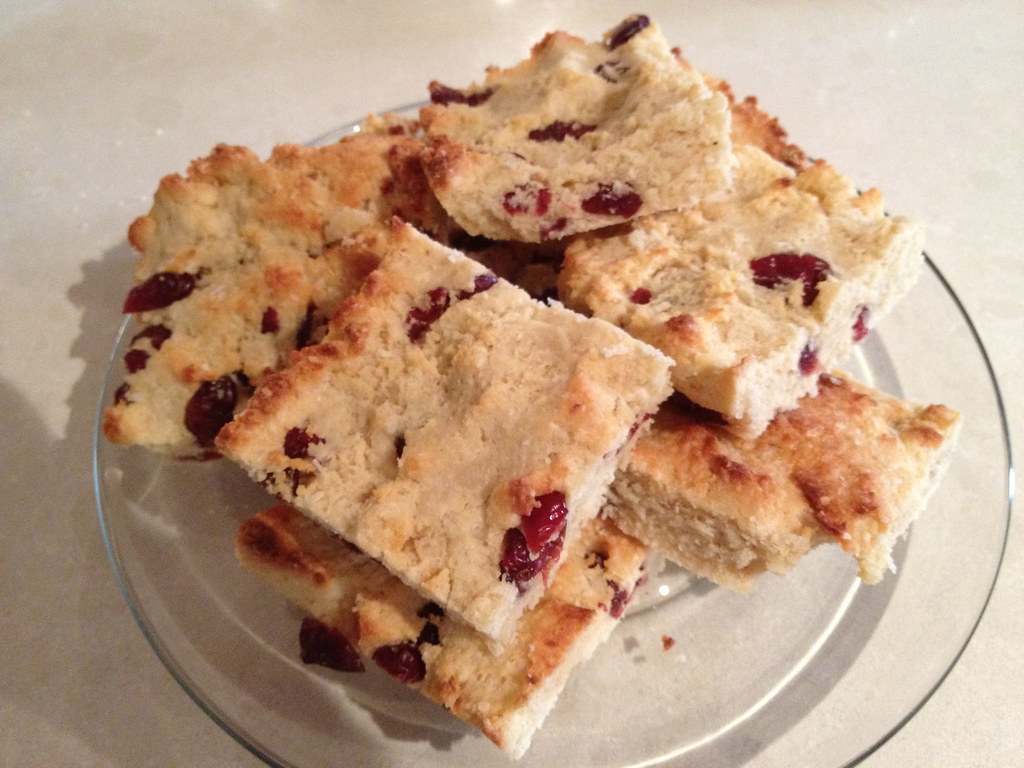
9. **Store-Bought Granola and Protein Bars (Hidden Sugars and Processed Ingredients)**
Marketed as convenient and healthy on-the-go options, many store-bought granola and protein bars are anything but. While they might boast whole grains or high protein, a closer look at the ingredient list often reveals a disheartening truth: they’re frequently packed with added sugars, unhealthy oils, artificial sweeteners, and highly processed components. These bars can be glorified candy bars in disguise, providing a quick burst of energy that soon gives way to an energy slump due to their imbalanced nutrient profile.
The high sugar content in many of these bars contributes to blood sugar fluctuations, counteracting any potential benefits from the whole grains or protein they might contain. Furthermore, the type of fats used in some bars, often cheap vegetable oils, can be pro-inflammatory, impacting your overall health and well-being. Despite their ‘health halo,’ they often lack the substantial fiber, healthy fats, and balanced protein needed to keep you truly satisfied and energized until your next meal.
For a truly healthy grab-and-go option, nutritionists recommend making your own bars at home where you control the ingredients, using whole oats, nuts, seeds, and natural sweeteners like dates or a small amount of maple syrup. Alternatively, opt for whole foods like an apple with a handful of almonds, or a hard-boiled egg. When purchasing bars, meticulously read labels, looking for options with minimal added sugar (less than 5 grams), whole food ingredients, and a good balance of protein and fiber to ensure sustained energy and satiety.

10. **Pre-Made Smoothies (Sugar Bombs Disguised as Health)**
Smoothies are often lauded as the ultimate health drink, an easy way to pack in fruits and vegetables. However, many pre-made, commercially bottled smoothies are essentially fruit juice concentrates with some added purees, making them veritable sugar bombs. While they contain natural fruit sugars, the crucial fiber from the whole fruit is often diminished or completely absent, leading to the same rapid blood sugar spikes seen with fruit juices, but in much larger quantities.
These convenient concoctions, despite their vibrant colors and appealing packaging, frequently lack the balanced macronutrients – protein and healthy fats – that are essential for a truly satiating and energy-sustaining breakfast. Without adequate protein and fiber, the high sugar content can trigger cravings and leave you feeling hungry shortly after consumption. This makes it challenging to maintain stable blood sugar levels and can contribute to weight gain over time, despite the initial perception of health.
Nutritionists wholeheartedly support homemade smoothies, emphasizing the importance of blending whole fruits and vegetables to retain all their beneficial fiber. To create a balanced, nourishing smoothie, incorporate a source of protein like Greek yogurt, protein powder, or nut butter, and healthy fats from avocado, chia seeds, or flax seeds. This approach transforms a potential sugar rush into a nutrient-dense meal that provides sustained energy and supports overall wellness, allowing you to reap the true benefits of a blended breakfast.

11. **Pancakes and Waffles (Refined Flour and Syrups)**
The stack of fluffy pancakes or crispy waffles drizzled with syrup is a quintessential weekend breakfast for many, evoking feelings of comfort and indulgence. However, these beloved morning meals, in their traditional form, are often nutritional culprits. Typically made with refined white flour, they are largely devoid of fiber and vital nutrients, offering little more than quickly digested carbohydrates. This lack of complexity sets the stage for rapid blood sugar increases.
When paired with generous servings of conventional pancake syrup – which is usually high-fructose corn syrup or artificial sweeteners with minimal actual maple content – the sugar load becomes immense. This combination creates a significant metabolic challenge, leading to energy highs followed by sharp lows, impacting your mood and concentration. Regular consumption of such a breakfast can contribute to insulin resistance and long-term health issues.
Nutritionists encourage a mindful approach to these classic dishes. Consider swapping refined white flour for whole-grain alternatives like whole wheat, oat flour, or buckwheat flour, which are rich in fiber and provide a more sustained energy release. Instead of sugary syrups, opt for natural toppings like fresh berries, sliced bananas, a sprinkle of nuts, or a small drizzle of pure maple syrup or honey. Integrating protein sources, such as eggs or a side of Greek yogurt, can further balance the meal, transforming an indulgent treat into a more nourishing option for special occasions.
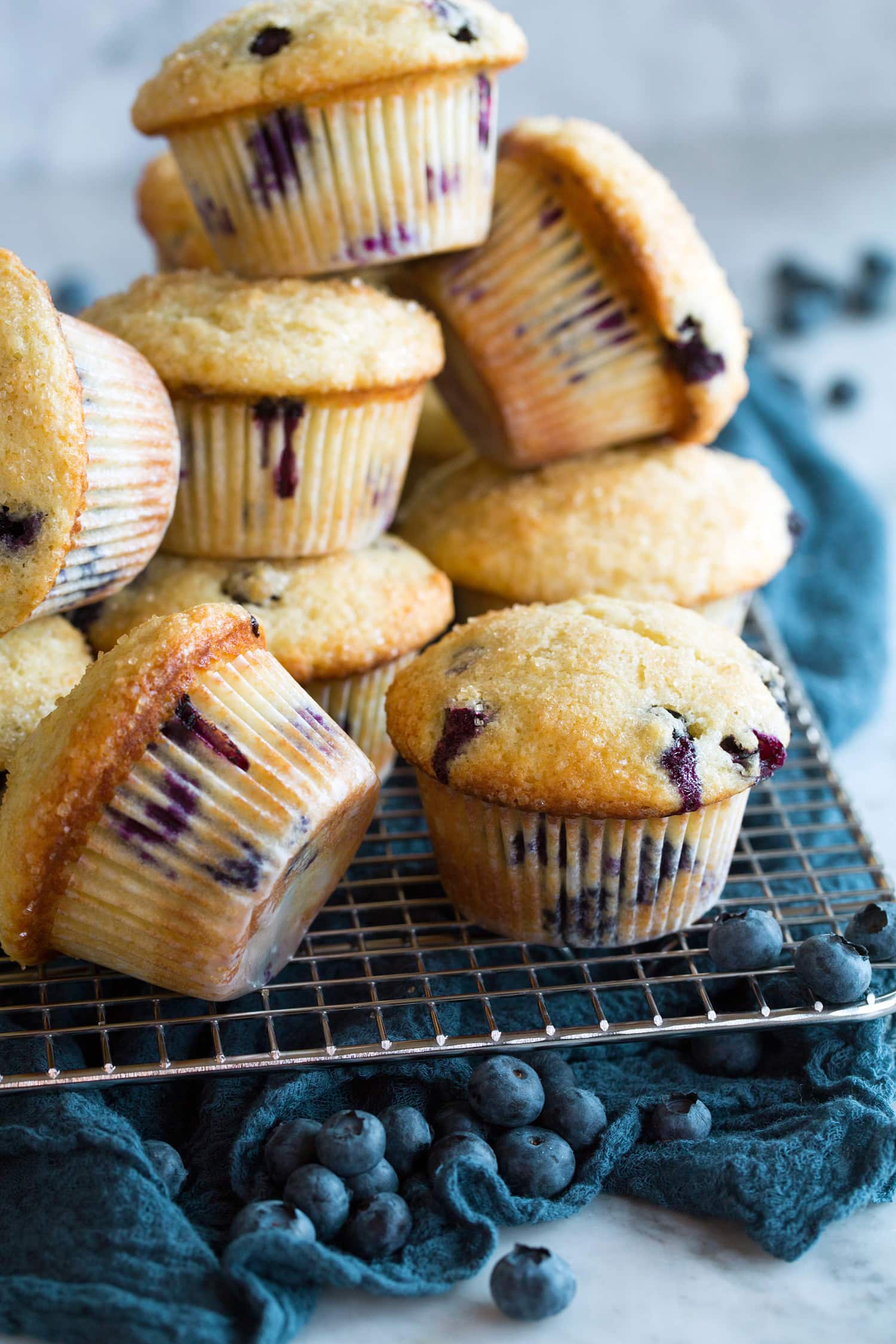
12. **Muffins (Often More Cake Than Breakfast)**
Muffins, often grabbed on the go from coffee shops or bakeries, have earned an unwarranted reputation as a suitable breakfast choice. The reality is that many commercially produced muffins are, nutritionally speaking, closer to cake than a healthy breakfast item. They are frequently loaded with refined flour, excessive amounts of sugar, unhealthy fats, and very little fiber or protein. Their substantial size further contributes to a high caloric intake without corresponding nutritional value.
The large quantity of sugar and refined carbohydrates in most muffins leads to a rapid surge in blood sugar, which inevitably results in a post-consumption energy crash. This cycle of highs and lows can leave you feeling tired, irritable, and craving more sugary foods, making it harder to make healthy choices later in the day. The lack of fiber and protein means they offer minimal satiety, so you’ll likely be hungry again soon.
When you’re craving a muffin, nutritionists suggest making them at home using whole-wheat flour, incorporating ingredients like oats, flaxseeds, and plenty of fresh or frozen fruit for natural sweetness and fiber. Reducing the added sugar content and perhaps adding a protein boost like Greek yogurt or a scoop of protein powder can make a significant difference. If purchasing, look for smaller, whole-grain options with minimal added sugar and a clear ingredient list, or better yet, opt for an actual piece of fruit and a handful of nuts.

13. **Breakfast Fast Food Sandwiches (High Sodium, Unhealthy Fats, Processed Meats)**
The convenience of a drive-thru breakfast sandwich is undeniable when time is short. However, these seemingly quick and easy options often come with a hidden cost to your health. Fast food breakfast sandwiches are typically packed with high levels of sodium, unhealthy saturated and trans fats, and processed meats like sausage or bacon, all served on refined white bread or a biscuit. This combination delivers a substantial calorie count with minimal nutritional benefits.
The excessive sodium content can contribute to elevated blood pressure and fluid retention, while the unhealthy fats promote inflammation and can negatively impact cardiovascular health. The processed meats, as discussed earlier, are often laden with nitrates and other additives linked to various health concerns. Furthermore, the refined carbohydrates from the bun or biscuit provide little fiber, leading to quick digestion and a rapid return of hunger, even after a calorie-dense meal.
Nutritionists strongly advise limiting fast food breakfast sandwiches to very rare occasions. When you must opt for a quick grab, try to customize your order: skip the processed meats in favor of eggs (if available without added oils), choose whole-grain bread if offered, and ask for extra vegetables if possible. Better yet, prepare a simple breakfast at home in advance, like overnight oats or pre-made egg muffins, which offer superior nutrition and sustained energy without the hidden health drawbacks.
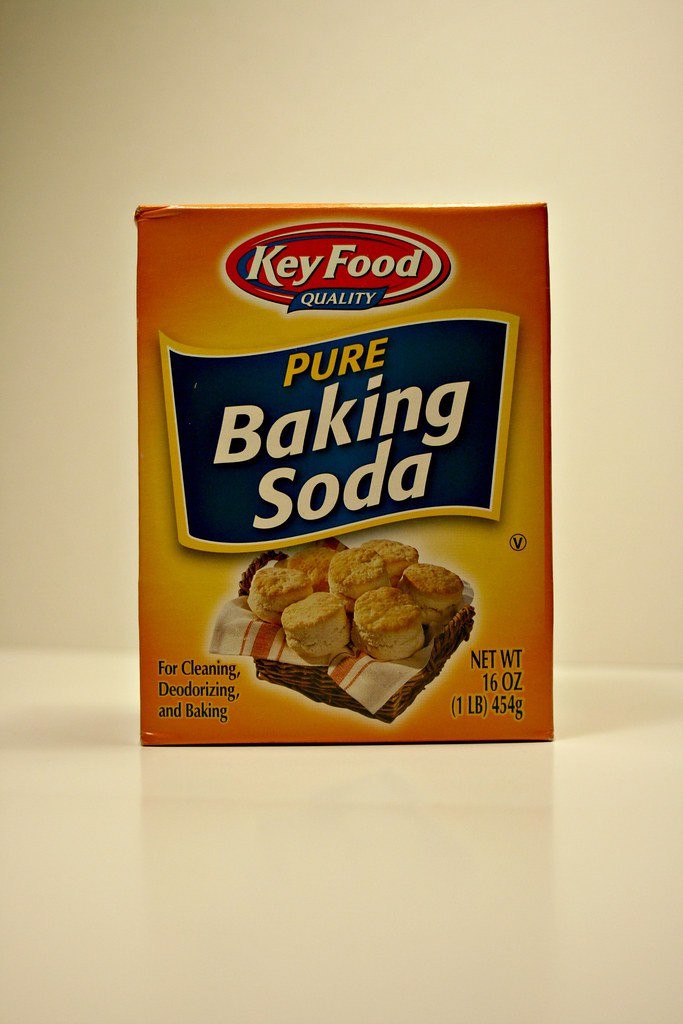
14. **Diet Sodas and Artificially Sweetened Beverages (Disrupting Gut Health and Cravings)**
Many individuals turn to diet sodas or other artificially sweetened beverages in the morning, believing they are a healthier, calorie-free alternative to sugary drinks. However, nutritionists are increasingly raising concerns about the long-term effects of artificial sweeteners on our bodies. While they may not contain calories, research suggests they can disrupt the delicate balance of our gut microbiome, potentially impacting metabolism, glucose regulation, and even increasing cravings for sweet foods.
The constant exposure to intense sweetness from these beverages can desensitize our taste buds, making naturally sweet foods less appealing and reinforcing a preference for artificial flavors. This can undermine efforts to reduce overall sugar intake and adopt healthier eating habits. Furthermore, some studies indicate a possible link between artificial sweetener consumption and an increased risk of type 2 diabetes and metabolic syndrome, paradoxically challenging their intended health benefits.
For a truly refreshing and hydrating start to your day, nutritionists recommend prioritizing plain water. If you crave flavor, infuse your water with slices of fresh fruit like lemon, cucumber, or berries, or try unsweetened herbal tea. These choices provide hydration without any detrimental impacts on your gut health or metabolic regulation, helping to recalibrate your palate towards natural flavors and setting a positive tone for your dietary choices throughout the day. It’s a simple swap that can yield significant benefits for your overall well-being.
As we conclude our journey through the various breakfast traps, it’s clear that making informed choices about your morning meal is one of the most powerful steps you can take for your health. While convenience often dictates our selections, a little awareness and planning can transform your breakfast from a potential pitfall into a potent source of sustained energy, mental clarity, and overall vitality. Remember, the goal isn’t perfection, but progress—one nourishing breakfast at a time. Embrace whole, unprocessed foods, listen to your body, and empower yourself to build a breakfast routine that truly fuels your best self. Your mornings, and your entire day, will thank you for it.



